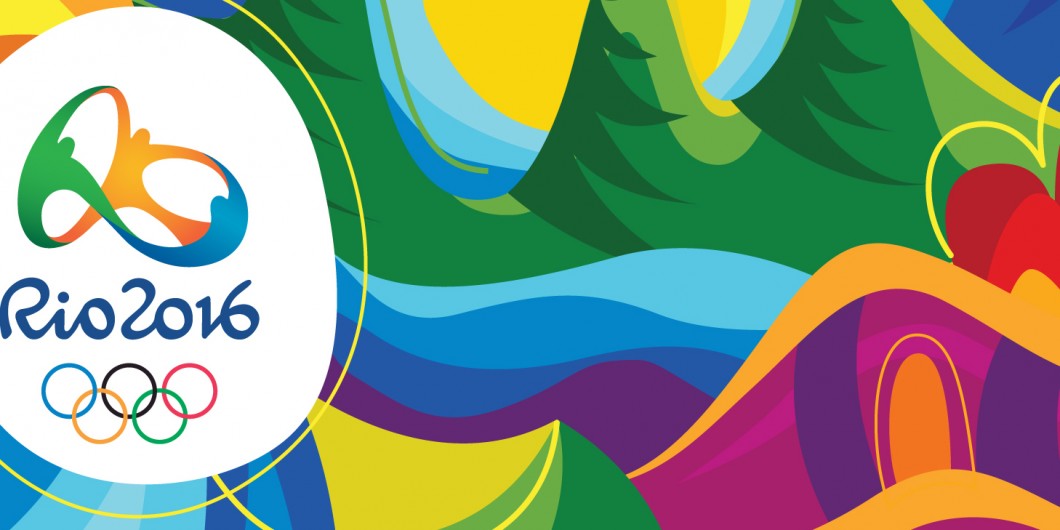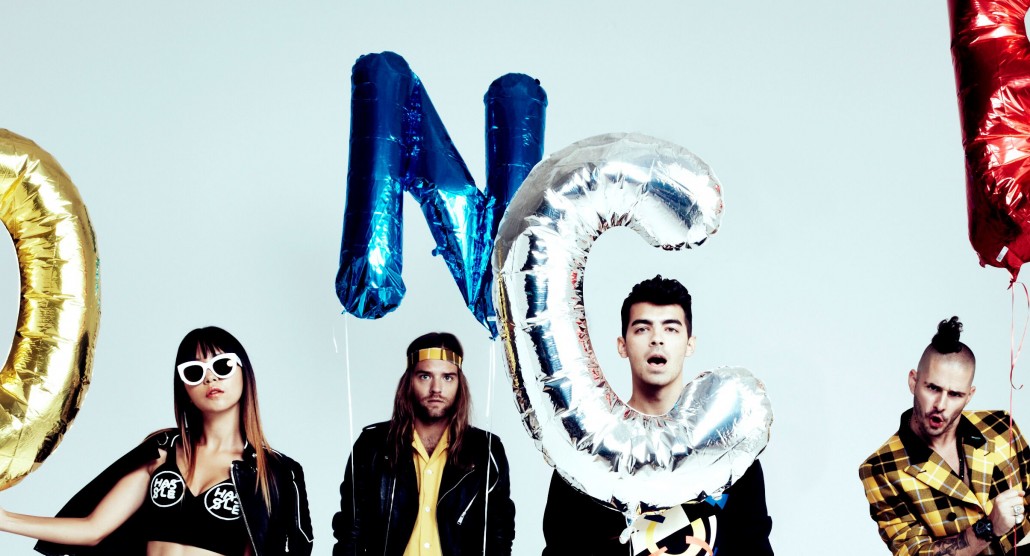The best rivalries of the Olympic Games are played out as much on TV as on the field. Athletes, nations and brands are competing for gold medals, for media attention and for their image.
Hosting the Games: a positioning campaign
Japan was able to rehabilitate its post-war image by hosting the 1964 Olympic Games, the first to be held in Asia. This revelation of Japan as an organized and modern country contributed to the subsequent success of Japanese products on international markets. It also helped the country transition from being a discount factory hub to a reputable manufacturer of quality automobiles and electronic devices. Seoul wanted to repeat this success when it applied to host the 1988 Olympic Games. At this point, Korea was best known for having a war from 1950-1953 (relax, there won’t be a pop quiz) and for its authoritarian regime. It was an ideal opportunity to let the world see what a modern country it had become, prosperous and stable. Many South Korean companies endorsed the Games, believing that a renewed perception of Korea would lead to a more positive perception of their products as well. The international visibility, combined with greater confidence in products Made in South Korea, contributed to the rise of brands such as Samsung, Kia, Hyundai and LG (then known as, GoldStar). More optimistic observers also believe that the fear of losing the Games (the ultimate insult) helped to stabilize the country and its democracy in a very sustainable way.
Incidentally, following the financial success of the 1984 Games in Los Angeles, many countries began to consider major sporting events as a tool for economic development. Countries want the tourist money it brings, as well as the increased visibility, economic boost and legacy infrastructure… and they want the brands, attracted by the TV exposure, to finance the operation.
With increasingly exorbitant infrastructure costs, more recent Games have been used as demonstrations of economic, military and cultural power. Beijing prided itself on its prosperity and the fact that it spent $42 billion on the 2008 Olympics. The Russians, never liking to be outdone, exploded that budget while organizing the Sotchi Games, the first Winter Olympics to be held in the balmy climate of a seaside resort. No snow, no sweat, as far as the International Olympic Committee (IOC) was concerned.
The hope of a renewed economy explains why some countries throw around ludicrous amounts of money to attract major sporting events (the populations of these countries, by the by, would generally prefer to see that money invested in more basic needs). This is how Bahrain and Abu Dhabi came to host F1 Grand Prix races, how Qatar secured the 2022 World Cup and how Rio obtained the 2014 World Cup and the current summer Olympics.
If Almaty, Kazakhstan had won the bid for the 2022 Games (Beijing took that honour), it may have succeeded in building the more modern image that it so needs. After having lost the bid, the President suggested that the country re-baptize itself and drop the “-stan” suffix, which is too negatively associated with its less economically developed neighbours and… Borat.
What if brands used their influence?
Against this backdrop, increasingly more countries with a dubious character are clamoring to host the Olympic Games, while more established democracies are struggling to convince their citizens to invest billions of dollars in sporting infrastructure.
Furthermore, criticism of host countries is exploding, covering human rights abuses, as well as endemic corruption and widespread social inequality. Think only of the working conditions of those who build that infrastructure… Many critics like to speak out against sponsors, who are blamed for turning a blind eye. In 2008, in the days leading up to the Beijing Olympics, China had to rebuff numerous attacks against its internal policies concerning the Tibetan crisis. Coca-Cola was convinced that the Olympics would be a positive force, while McDonald’s transferred the responsibility for resolving these political problems to governments and the United Nations.
Today, many brands are unafraid to invest in change. Recently, we saw big brands successfully oust Sepp Blatter as the head of FIFA. Visa threatened to withdraw its sponsorship of the World Cup if the Federation didn’t regain the trust of fans. Coca-Cola, Carlsberg, Adidas and Hyundai followed suit. The heft of their threats (!) and perhaps, even, of their annual contributions of $1.5 billion convinced FIFA to clean house. Although many recognized that it was about time, countless other brands have, over the years, chosen to turn a blind eye. We all know that brands have enormous power. Sponsors should put additional pressure on organizations to end widespread doping in sports, eradicate corruption in the bidding process for hosting large-scale sporting events and foster fan interest in watching these competitions. Brands invest in sponsorships for the number of eyes it can attract, but also for how it will secure them a more positive image. Because in this case, unlike dope testing, positive is best.


